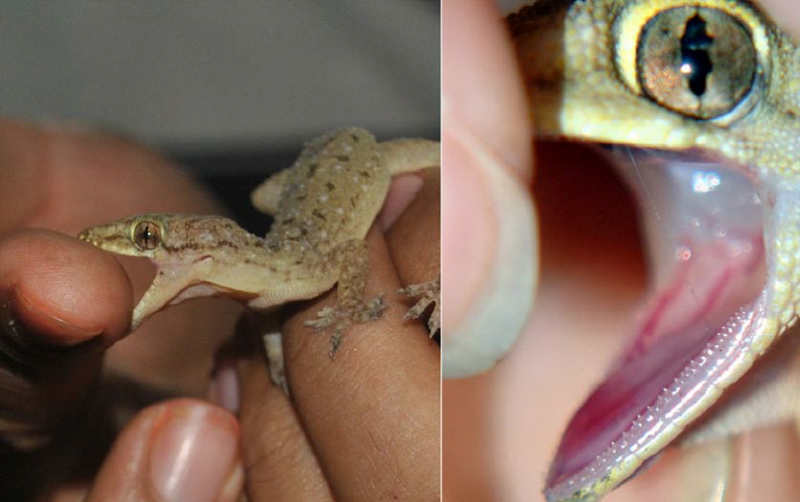
Lizards are fascinating creatures that inhabit various ecosystems around the world. While they may appear harmless, many people wonder, "How dangerous is a lizard's bite?" In this article, we will delve into the world of lizards and explore the potential risks associated with their bites.
Before we dive into the dangers of a lizard's bite, let's familiarize ourselves with these reptiles.
Lizards are cold-blooded reptiles belonging to the class Reptilia. They come in a wide range of species, each with unique characteristics.
Lizards are incredibly diverse, with over 6,000 known species. They can be found on every continent except Antarctica.
Lizards are known for their various behaviors, including basking in the sun, hunting insects, and engaging in territorial disputes.
To understand the danger of a lizard's bite, it's essential to examine their anatomy and how it relates to their biting capabilities.
Most lizards have sharp teeth designed for gripping and puncturing prey. The size and shape of these teeth can vary between species.
Some lizards, such as the Gila monster and the Komodo dragon, are venomous. Their bites can introduce toxic substances into their prey.
While many lizard species pose minimal threat to humans, there are potential risks to consider.
Some individuals may experience allergic reactions to lizard saliva or venom, leading to itching, swelling, or redness.
Lizard bites can introduce bacteria into the wound, potentially causing infections that require medical attention.
Venomous lizards, like the Komodo dragon, can deliver toxic bites that result in severe health issues, including tissue damage and blood loss.
In the event of a lizard bite, it's crucial to know how to administer proper first aid.
Immediately clean the bite wound with mild soap and water to reduce the risk of infection.
Applying an antiseptic to the wound can further reduce the chances of infection.
If the bite is from a venomous lizard or shows signs of infection, seek medical help promptly.
Prevention is often the best approach when it comes to lizard bites.
Lizards may bite when they feel threatened or provoked. Give them space and avoid handling them unnecessarily.
When handling lizards, especially venomous ones, wearing protective gloves can be essential for safety.
Understanding the behavior and potential dangers of local lizard species can help you avoid bites.
Let's dispel some common misconceptions surrounding lizard bites.
Contrary to popular belief, lizards are not known carriers of deadly diseases that can be transmitted through their bites.
Most lizard species are non-venomous and pose minimal danger to humans. In conclusion, while the majority of lizard bites are not life-threatening, it's crucial to exercise caution and take appropriate steps when bitten. Understanding the risks, administering proper first aid, and practicing preventive measures can help you stay safe while enjoying the fascinating world of lizards.
Mughals brought these 6 food items with them, you also eat them by licking your fingers!
Nipah Alert in Kerala, Nipah Virus Precautions: Protecting Yourself and Others
Planning a 5-Day Budget Trip to Malaysia: A Comprehensive Guide